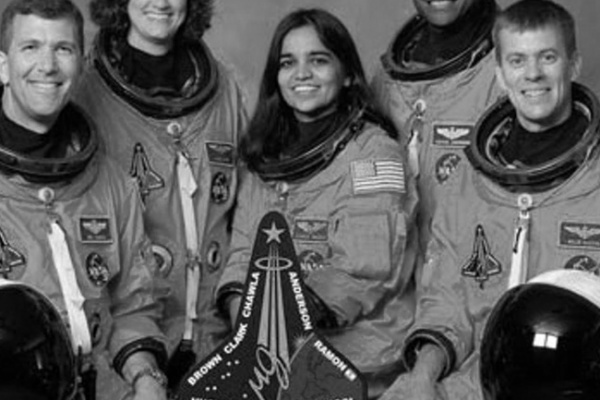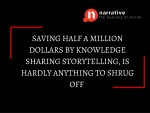On January 30, 2002, The United States Government Accounting Office (GAO) released a report entitled NASA: Better Mechanisms for Sharing Lessons Learned. Motivated by the costly 1999 losses of the unmanned spacecrafts Mars Polar Lander and Climate Orbiter, the report concluded that “NASA’s processes, procedures, and systems” did not “effectively capture and share lessons learned and therefore, NASA has no assurance that lessons are being applied towards future missions” (p. 1). The report noted that NASA had undergone significant organizational change beginning in 1992 with a mandate to complete projects “faster, better, and cheaper” (p. 2). While the GAO acknowledged that NASA had initiated systems to capture and share lessons learned, the failures of the two spacecraft in 1999 “raised concern that NASA was not learning from its past mistakes and applying lessons learned toward future mission success” (p. 43). One of the GAO report’s recommendations was that NASA employ storytelling as a mechanism to ensure that lessons were learned. Exactly one year and two days after the GAO report was published, the space shuttle Columbia disintegrated upon re-entry into the Earth’s atmosphere, killing all seven astronauts aboard.
The notion of using storytelling to share knowledge at NASA was not entirely new. Storytelling was a component of NASA’s Knowledge Sharing Initiative founded in 2000. Just a few weeks after the 2002 GAO report was issued, a consultant, story proponent, and author of the book The Story Factor spoke at a NASA Masters’ Forum, a semi-annual program produced for NASA and other project managers by the Academy of Program/Project and Engineering Leadership (APPEL), a significant player in the space agency’s Knowledge Sharing Initiative. The author said, “We need stories because cognitive learning doesn’t always cut it ” author’s name is Annette Simmons
"I attended your story telling course some time back. And I've enjoyed keeping up my knowledge with your blog. You may not have realised however, that the Whole of Government is implementing Internet Seperation. Hence I'm not able to access the links to read your articles. Could I suggest including a QR code in your emails so that I can use my mobile to scan it and gain immediate access to the article? It would be most helpful"










